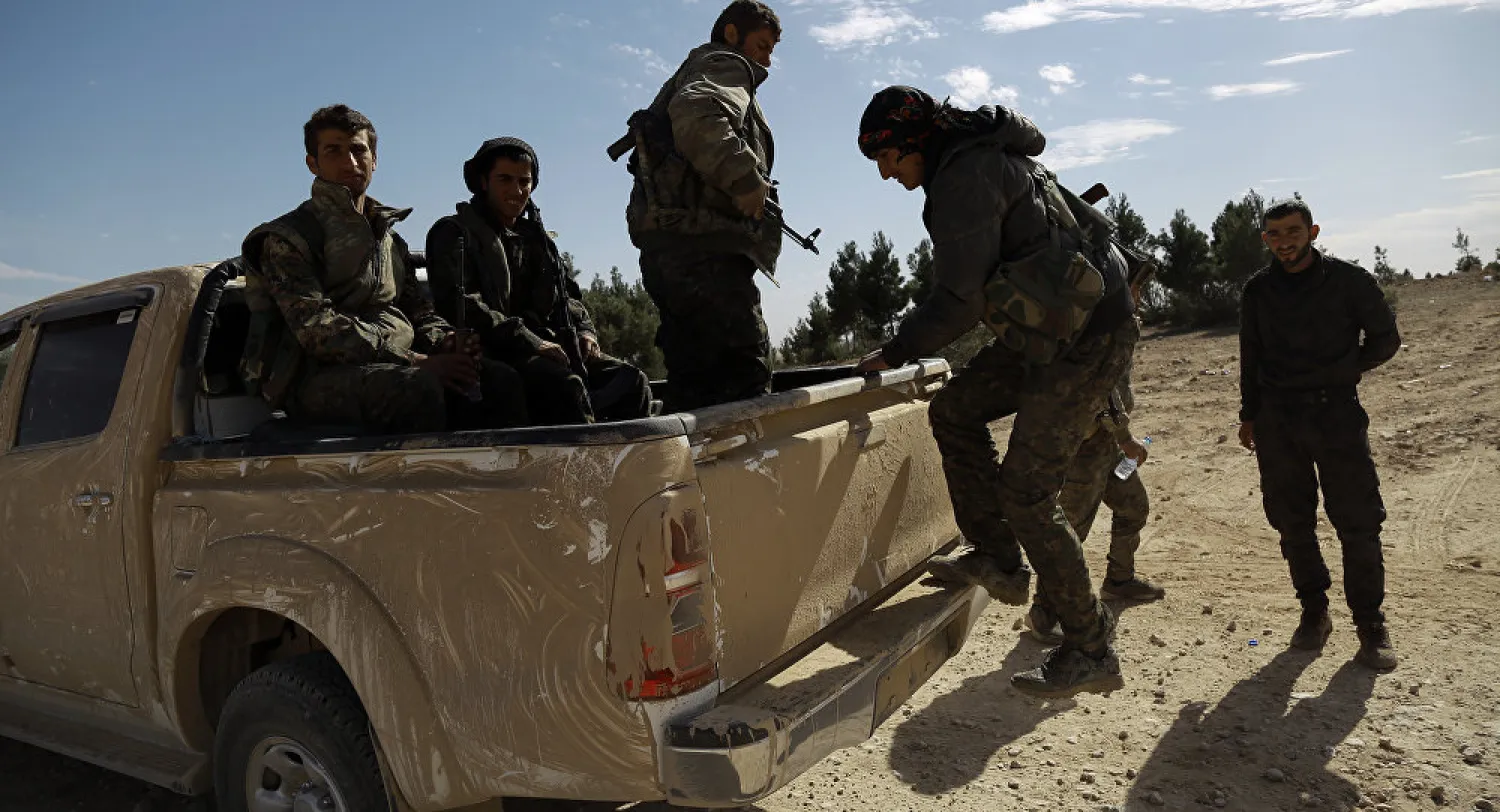During a visit to Aleppo where he met with militias backed by Tehran, Iranian Supreme Leader Ali Khamenei's top adviser Ali Akbar Velayati threatened on Wednesday to “clear” areas in Syria.
“Soon we will see eastern Syria cleared, and then the Idlib area in the west,” said Velayati in comments reported by Mehr news agency.
Velayati was speaking to what Russia Today news channel described as “Iranian volunteers” and militias supported by Tehran.
In his comments, the Iranian advisor was alluding to the city of Raqqa, which is now controlled by the Coalition-backed Syrian Democratic Forces, an alliance of Arabs and Kurds, in addition to the city of Idlib, ruled by a “de-escalation” settlement which saw a Turkish military deployment under an agreement reached with Moscow and Tehran.
Meanwhile, units from Iraq’s Popular Mobilization Forces started on Wednesday their attack on the Bukamal city, the last stronghold of ISIS in Syria.
Regime forces and their allies announced tightening the noose on the city, in the countryside of Deir Ezzor, and said that they met with Iraqi forces at the joint border between Iraq and Syria after clearing the area of the collapsed remnants of ISIS terrorists.
Director of the Syrian Observatory for Human Rights Rami Abdel-Rahman told Asharq Al-Awsat that PMF units reached the vicinities of the Bukamal suburbs, while regime forces were still at a distance of around 15 km from the city.
Abdel-Rahman was surprised by reports broadcasted by “Hezbollah’s” war media that regime forces had completely besieged Bukamal.
“ISIS still controls the western and northern parts of the city, while fierce battles are still taking place at the southern and eastern sides,” he said.
According to Abdel-Rahman, large numbers of PMF fighters had arrived at the entrances of the southeastern part of the city, adding that those Iraqi units had joined Syrian regime forces at the border a few days ago and are currently at a distance of 18 kilometers from the city.









